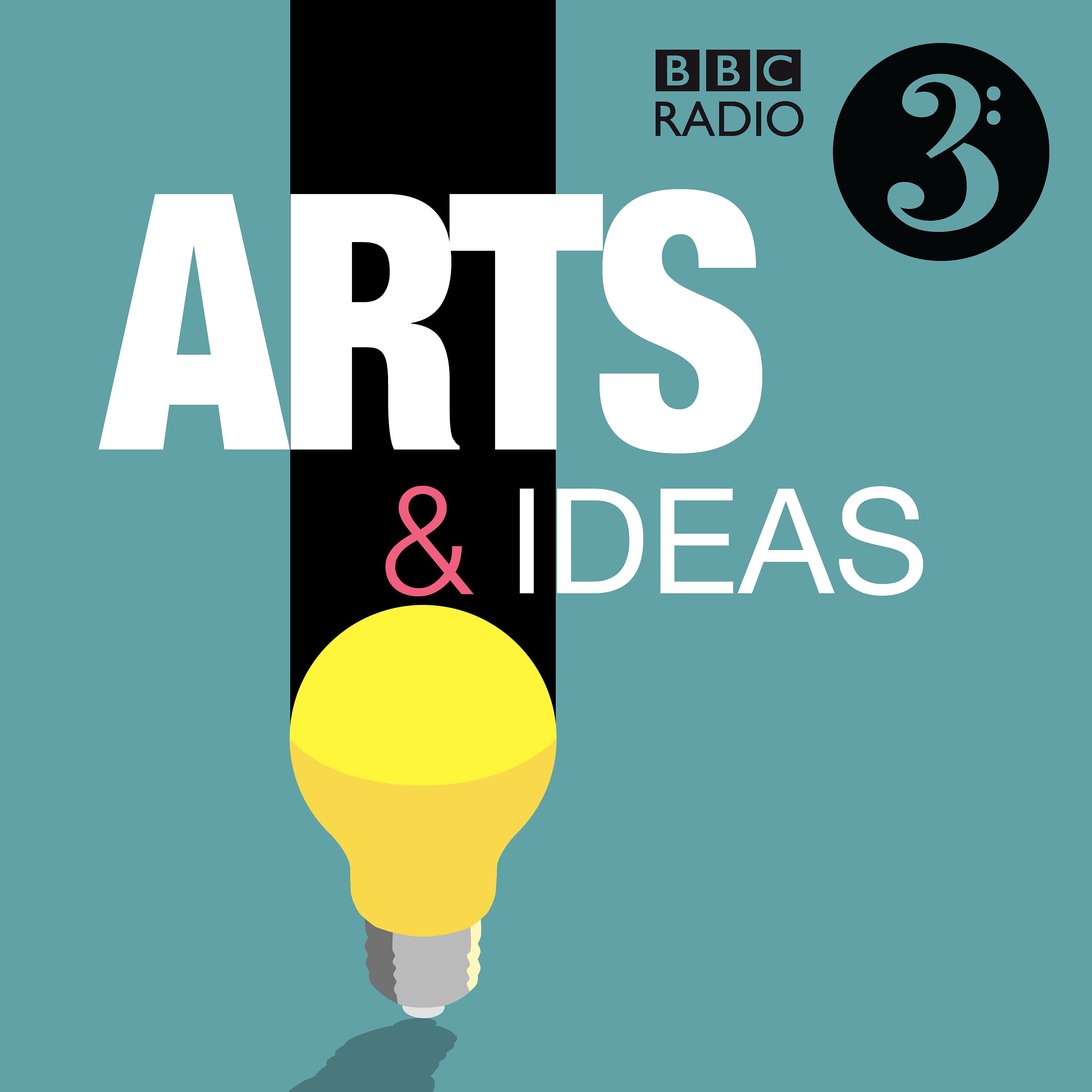- Culture
- SEE MORE
- classical
- general
- talk
- News
- Family
- Bürgerfunk
- pop
- Islam
- soul
- jazz
- Comedy
- humor
- wissenschaft
- opera
- baroque
- gesellschaft
- theater
- Local
- alternative
- electro
- rock
- rap
- lifestyle
- Music
- como
- RNE
- ballads
- greek
- Buddhism
- deportes
- christian
- Technology
- piano
- djs
- Dance
- dutch
- flamenco
- social
- hope
- christian rock
- academia
- afrique
- Business
- musique
- ελληνική-μουσική
- religion
- World radio
- Zarzuela
- travel
- World
- NFL
- media
- Art
- public
- Sports
- Gospel
- st.
- baptist
- Leisure
- Kids & Family
- musical
- club
- Health & Fitness
- True Crime
- Fiction
- children
- Society & Culture
- TV & Film
- gold
- kunst
- música
- gay
- Natural
- a
- francais
- bach
- economics
- kultur
- evangelical
- tech
- Opinion
- Government
- gaming
- College
- technik
- History
- Jesus
- Health
- movies
- radio
- services
- Church
- podcast
- Education
- international
- Transportation
- Other
- kids
- podcasts
- philadelphia
- Noticias
- love
- sport
- Salud
- film
- and
- 4chan
- Disco
- Stories
- fashion
- Arts
- interviews
- hardstyle
- entertainment
- humour
- medieval
- literature
- alma
- Cultura
- video
- TV
- Science
- en
New Thinking: Depicting disability in history and culture

This November sees the 25th anniversary of the UK Disability Discrimination Act. As we consider what contemporary progress has been made we'll uncover the long history of disabled people’s political activism, look back at the treatment of disabled people in Royal Courts and at fictional portrayals of disability in 19th-century novels from Dickens and George Eliot to Charlotte M Yonge and Dinah Mulock Craik. Eleanor Rosamund Barraclough presents. Professor David Turner is the author of Disability in Eighteenth-Century England: Imagining Physical Impairment which won the Disability History Association Outstanding Publication Award for the best book published worldwide in disability history. He teaches at Swansea University and was advisor on the BBC Radio 4 series Disability: A New History. His latest book is Disability in the Industrial Revolution: Physical Impairment in British coalmining 1780-1880 (co-authored with Daniel Blackie). Dr Clare Walker Gore has just published Plotting Disability in the Nineteenth-Century Novel. She teaches English at the University of Cambridge and is a BBC/AHRC New Generation Thinker. This episode of Free Thinking is put together in partnership with the Arts and Humanities Research Council, part of UKRI as one of a series of discussions focusing on new academic research also available to download as New Thinking episodes on the BBC Arts & Ideas podcast feed. You can find the whole collection here https://www.bbc.co.uk/programmes/p03zws90 Jessica Secmezsoy-Urquhart is at the University of St Andrews. They look at the disabled history of the royal court in Renaissance England and Scotland and the role of the Court Fool. They also make films and broadcasts for The Social on BBC Scotland.